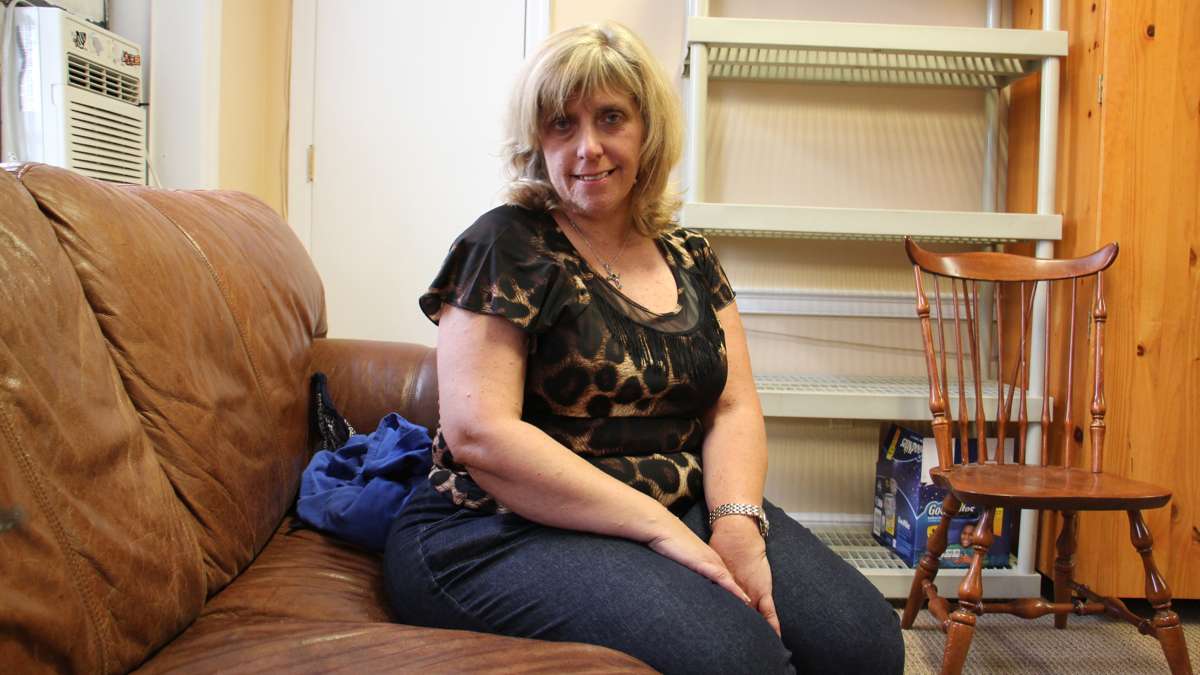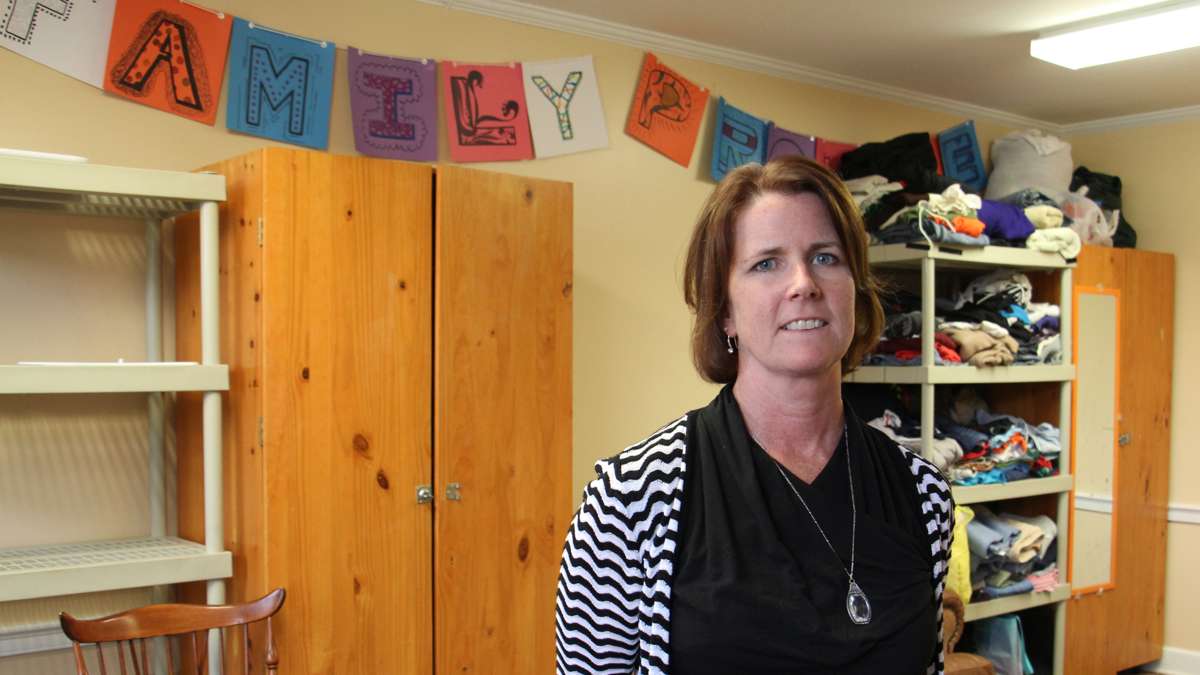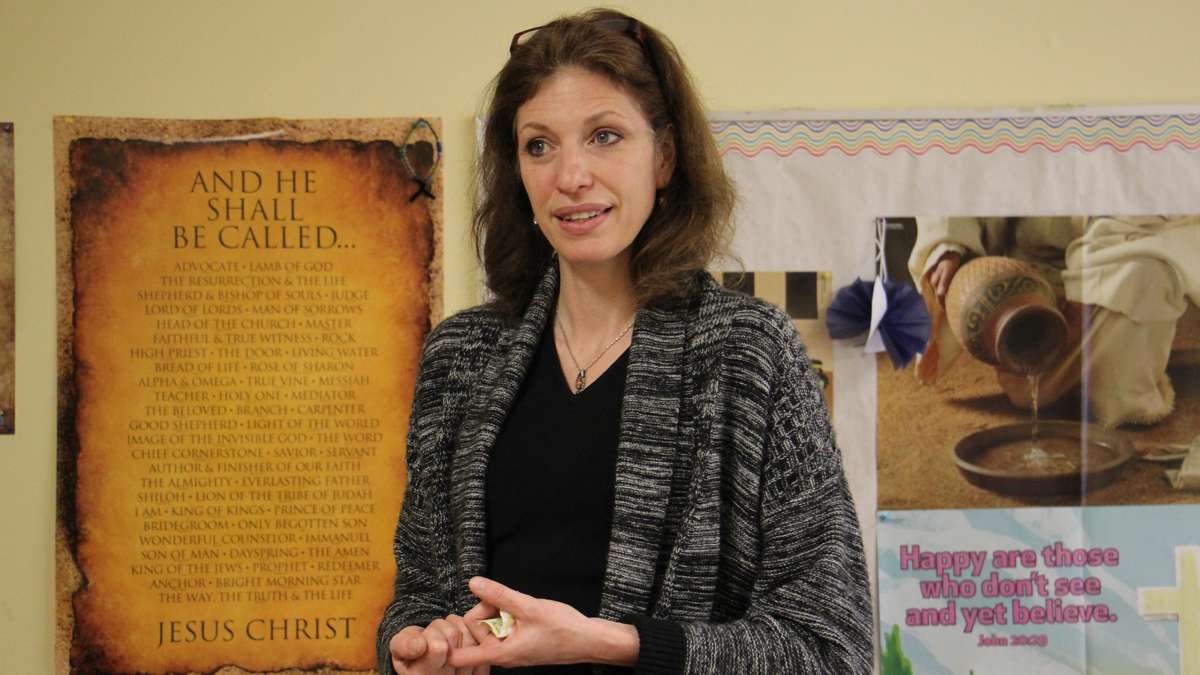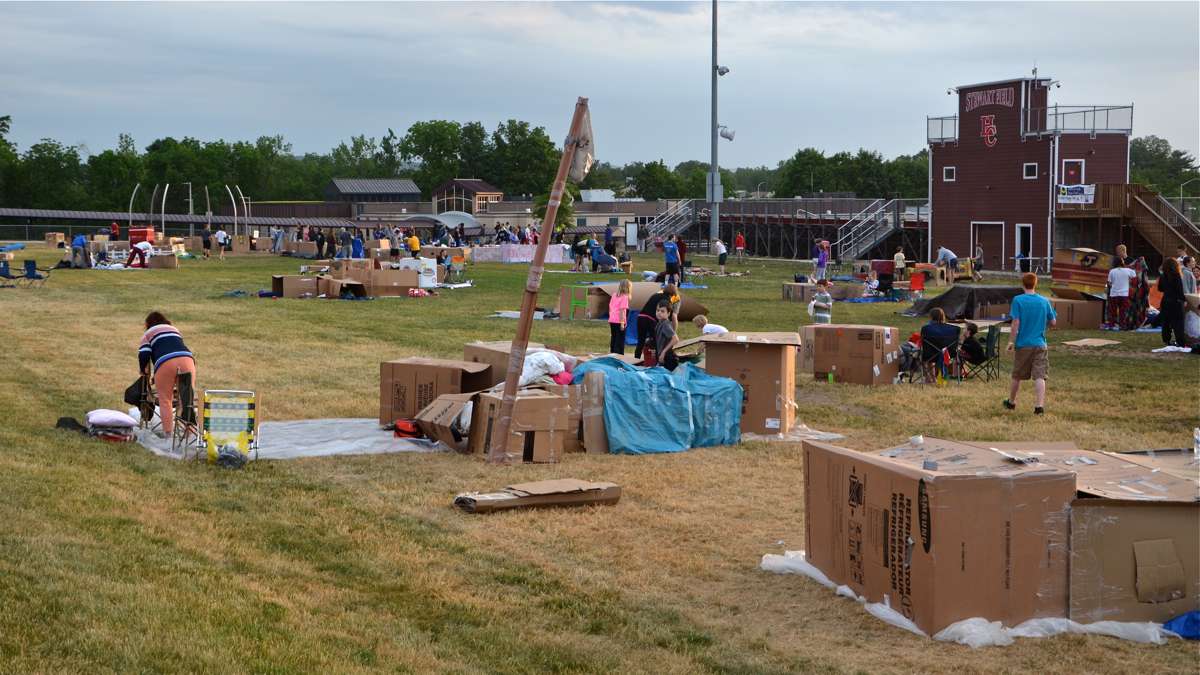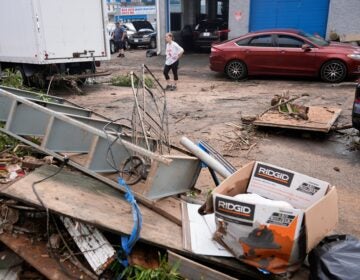Advocates try to shine a light on Hunterdon County’s ‘unseen’ homeless
Advocates say homeless people in bucolic Hunterdon County often ping-pong between temporary living situations but rarely end up on the street.
Several years ago, Kristine Lance left Massachusetts and moved into an apartment with her sister in Flemington. But when her sister died in 2012, Lance was left homeless.
“I had nowhere to go,” said Lance, “only myself to count on.”
Lance did not end up on the streets though. For three years she kept a roof over her head by spending nights in motels, staying at friends’ houses, and relying on short-term rental assistance. “I hated having to worry every night where I was going to sleep,” she said.
Advocates say this is a common tale among homeless people in bucolic Hunterdon County, where residents who cannot afford permanent housing often ping-pong between temporary living situations but rarely end up on the street.
“Homelessness is invisible in Hunterdon County, because we’re a rural area,” said Jennifer Shore, director of the county Division of Housing. “A lot of our homeless sleep in cars. They’ll sleep in the woods. It’s not like in an Essex County where you’re leaving the bus station and you’re going to step over somebody.”
When New Jersey conducted it’s annual “point-in-time” homeless count in 2015, it found 140 people without permanent shelter in Hunterdon County.
But because so many homeless people there do not live literally on the street where they could easily be counted, the actual number could be two to three times higher, said Colleen Duerr, development director of the homeless shelter Family Promise of Hunterdon County.
“We have people coming to us from having slept in their cars maybe — but more likely in hotel rooms — where people are not seeing them. Doubled up with family or friends — people are not seeing that. Or they’re couch-surfing,” said Duerr. “Those are the unseen homeless.”
Advocates say poor residents often face an uphill battle for stability in a county with high home prices, few options for public transportation, and an abundance of low-wage jobs.
According to the United Way, a family of four living in Hunterdon County needs an annual household income of $76,000 to live. That would mean each parent works 40 hours a week at a job that pays at least $18 per hour (New Jersey’s minimum wage is just over $8 per hour), a far cry from reality for many homeless or poor residents.
The United Way also claims that more than half of the jobs in Hunterdon County pay fewer than $20 per hour and that these jobs will make up 75% of new jobs over the next decade.
“From a practical standpoint, we have jobs that need to be filled,” said Shore. “We benefit from having an economically diverse population.”
In effect, some residents work in jobs critical to Hunterdon County’s economy, but are not paid enough to live near those jobs.
Shore touted the county’s HUD Section 8 voucher program, which she runs, and suggested building more clustered, low-income living spaces for impoverished residents, an idea she acknowledged may be unpopular in the “bedroom communities” of Hunterdon County. “If we as a community decide that we really need to have diversity in our community economically,” she said, “then we really need to look at having lower-density housing and figure out what those mortgages and rents would look like to be able to have affordable housing for minimum wage workers.”
Poor residents who cannot afford even a HUD-supported home must rely on scarce resources for the homeless, such as Family Promise, which provides shelter and services to families and single women (but not single men) in Hunterdon County. Even Family Promise is not a full-time shelter; clients stay at the Family Promise day center during the day and sleep in local churches overnight.
But advocates also face a public relations problem in convincing residents of the third-wealthiest county in New Jersey that homelessness exists in their community too — even if they cannot see it.
That’s part of the drive behind Box City, an upcoming annual event popular among Family Promise affiliates nationwide, which Duerr said brings much needed attention to homelessness on a local level.
Participants in Hunterdon County must raise at least $30 to become a resident of “Box City.” On Saturday evening they will bring their own cardboard boxes to Hunterdon Central High School and sleep in them overnight as organizers provide food and entertainment through Sunday morning.
“In Hunterdon County, our homeless population doesn’t really sleep in boxes,” said Duerr. “The intent of the event, however, is to give up your comfort of home for a night.”
Last year the event brought in about $26,000 for Family Promise, the area’s only homeless shelter for families.
Kristine Lance, who recently left Family Promise after about six months in the shelter, now cherishes her autonomy. She landed a part-time job at a local supermarket and recently moved into a second-floor apartment in nearby Phillipsburg.
“I have it decorated now, so it’s good,” said Lance, “good for me.”
WHYY is your source for fact-based, in-depth journalism and information. As a nonprofit organization, we rely on financial support from readers like you. Please give today.


